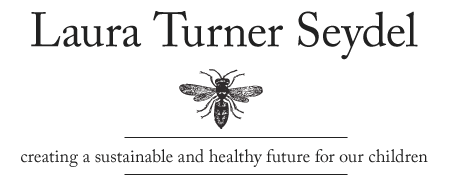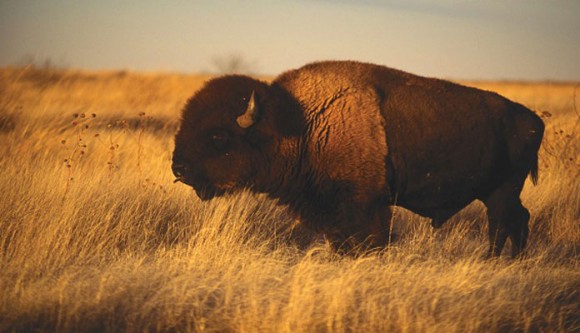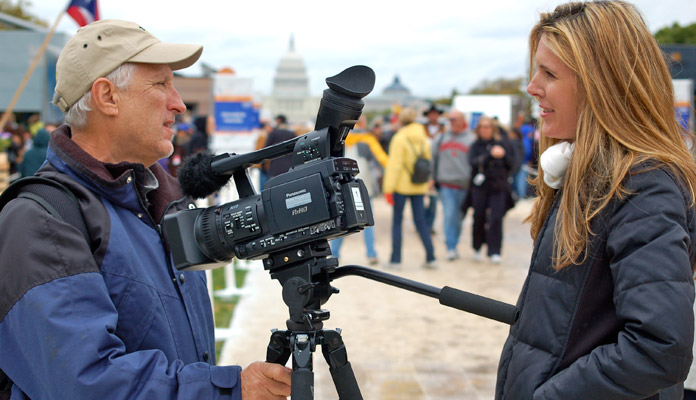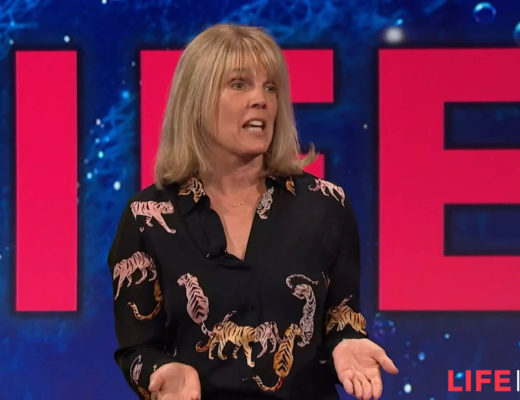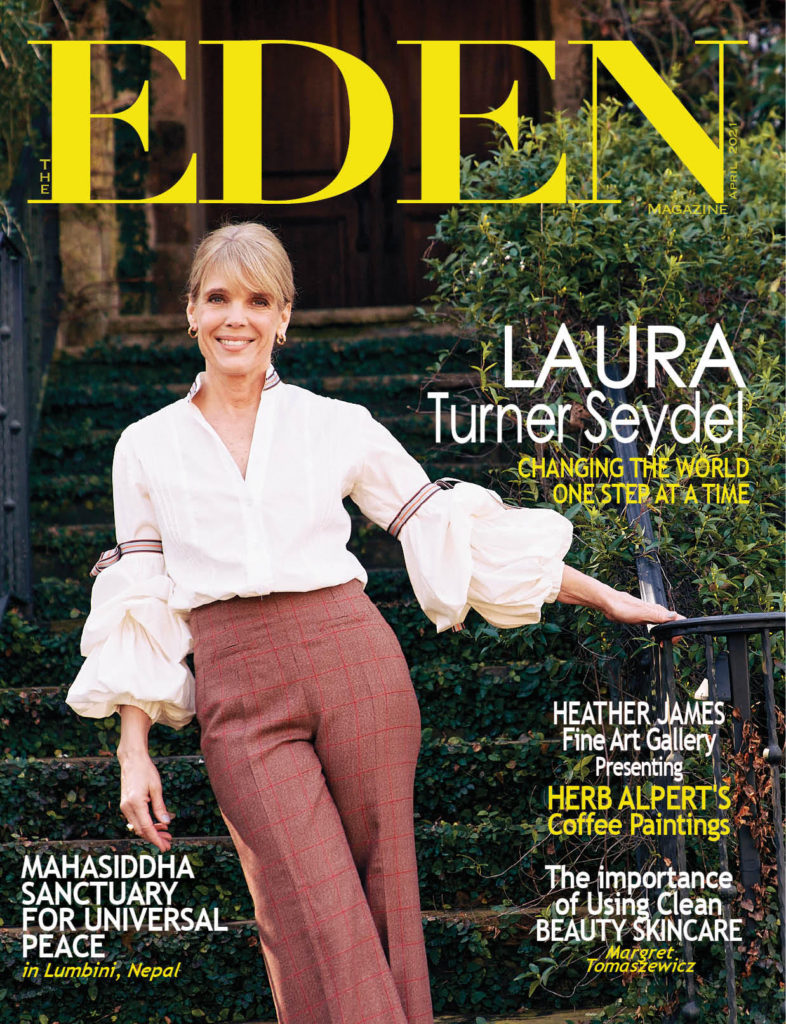
By Dina Morrone
Laura Turner Seydel is an activist for the environment and works with a number of organizations that address the many urgent challenges that affect all of us. She inherited her passion for taking care of the planet from her father, long-time legendary environmentalist Ted Turner. Turner-Seydel is also very passionate about health, quality of life for all, and the future of children. She wants to make sure that when all is said and done, we will want our children to know that we did everything in our power to pass down a healthy, livable planet.
Please share with us a special moment from your childhood that brings a smile to your face when you think about it.
My family discovered me missing one afternoon when I was quite young. And where did they find me? I was meandering toward a local zoo to see the animals. I recall loving animals then as much as I do now. There was definitely a current of “all creatures great and small” during my childhood and a natural curiosity and wonder toward fellow species. Growing up, I was lucky to experience the gift of having pets and to learn the important lessons of the responsibility of caring for them.
When did you first become passionate about the environment, and what were your first steps in turning that passion into action?
From a young age, my siblings and I were fortunate to live in places where we could spend a lot of time outdoors. We learned to appreciate the woods and wild fields and all the animals and wonderful creatures that lived there. We played in streams, turned over rocks, and caught frogs and crawdads. Our experiences in nature helped us grow spiritually, emotionally, physically, and mentally. There are more than 1,000 peer-reviewed studies that show the benefits of health and wellness with children (and adults) who spend time in nature. And it makes sense that people want to protect what they know, appreciate and love. It’s no wonder doctors are now writing nature prescriptions for their patients who are suffering from a number of maladies — diabetes, stress, anxiety, depression, to name a few. You can learn more in the research hub on the Children & Nature Network website.
Our grandparents, who survived the Great Depression, were superheroes for Earth who taught us that wasting is a sin — and that went for food, energy, and water. Our dad also led by example and reminded us to conserve by turning off the television and lights when not in use. He taught us to take short showers like he learned to do when he served in the coast guard and lived on a boat. He taught us to clean up trash even if it wasn’t ours, which we did, in our neighborhood regularly.
We were particularly happy when we came across discarded bottles and cans. It meant instant cash from the local store for a whopping nickel per container. At that time, my state of Georgia had a bottle deposit law, but the industry lobbied, and it ended. Now, many discarded bottles aren’t getting returned and are ending up along the roadside and in waterways, incinerators and landfills.
I’m enormously proud of how my father used his media platform for good. He funded and aired programming that educated and entertained millions of people around the globe on his satellite superstation. We were fortunate to be ‘edutained’ by The Undersea World of Jacques Cousteau and National Geographic Explorer, and countless other environmental and social-minded documentaries. Learning about our world’s systems really helped shape me as a person; it set the stage for me to now devote my time, energy, and resources to protecting Earth. In this Anthropocene Epoch (the era of man), we are experiencing many formidable challenges, such as the sixth great extinction of biodiversity and the climate crisis. In his latest book, How to Avoid a Climate Disaster, Bill Gates has confirmed that we have to work hard, smart and fast to ensure humans as a species don’t become a casualty of apathy and inaction when it comes to protecting and restoring our life support system. We can all make a difference, and we must. No action is too small. We must vote with our dollars when making purchases and let our voices be heard by our elected officials and hold them accountable. If we take actions on a regular basis and work collectively, we can ensure not only a livable planet but one that is safer, healthier, and more peaceful. One we’d be proud to hand over to our children.

Was there an episode in your life that affected you so profoundly, you knew animals and their well-being were going to be a part of your life forever?
While I had many important experiences, two eye-opening shifts in my worldview happened in the 1980s and really helped catalyze my passion for protecting animals and the environment.
A documentary called The End of Eden by South African filmmaker Rick Lomba documented how cattle ranching contributed to Africa’s grasslands’ desertification and severed an age-old migration route for millions of wildebeest and other species. The World Bank made loans to grow cattle production, an invasive species, with disastrous outcomes. In a very short time, thousands of miles of barbed-wire fencing were erected and carved the land into pastures. The images of an overgrazed dust bowl and wire-entangled animals still haunt me to this day. This documentary was used in the D.C. courts to stop the World Bank from making additional ill-conceived loans. But it was too late, as cattle had devastating effects on the fragile systems and permanently altered the great migration route. It’s a story that should serve as a warning call about the cascading effects and unintended consequences of projects that value short-term profits above everything else.
I was greatly impressed by the audacious and risky action campaigns of Greenpeace International, where I worked after college. I was in awe of the fearless activists who risked their lives to bring the world’s attention to the illegal killing of whales by placing their boats and bodies directly in front of the harpoons. The activists were also committed to exposing and stopping the French government, which was secretly dumping nuclear waste into the ocean by positioning their boats directly under the dropping barrels. As retribution for bringing this (along with Greenpeace protesting France’s testing of nuclear bombs in French Polynesia) to light, a bomb was detonated on the flagship, Rainbow Warrior. My eyes were opened to the harsh reality of corruption and criminal activity by governments and corporations. Like the civil and human rights activists, the undaunted courage and commitment of these activists fill me with the deepest respect and hope for the future.
To see the rest of the online article visit The Eden Magazine website.
To see the complete interview and photos, visit the digital magazine.
